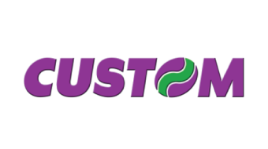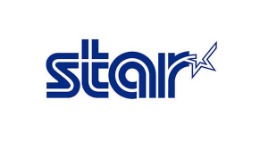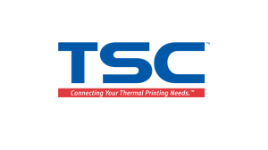You have no items in your shopping cart.
Industrial Barcode Scanner
Industrial Barcode Scanner is a ruggedized device designed specifically for the demanding conditions of industrial environments. Unlike standard barcode scanners used in retail or office settings, industrial scanners are built to withstand extreme temperatures, drops, dust, moisture, and other harsh conditions that would typically damage or impair the functionality of regular scanners.
Key Features of Industrial Barcode Scanners
Durability: These scanners are constructed with heavy-duty materials and are often encased in rubber or industrial-grade plastic to resist shocks and drops. They can survive multiple drops from significant heights onto concrete or other hard surfaces.
Environmental Resistance: Industrial scanners are designed to operate in extreme environmental conditions, including high and low temperatures, high humidity, and exposure to dust and water splashes. Many are rated with IP (Ingress Protection) ratings, indicating their level of resistance to solids and liquids.
High Scan Performance: They are equipped with advanced scanning technologies capable of reading damaged, dirty, poorly printed, or obscured barcodes often found in industrial settings. This includes the ability to scan barcodes from a distance, which is particularly useful in warehouses and manufacturing plants.
Versatility: Industrial barcode scanners can read a wide range of barcode types, including both 1D and 2D barcodes. Some models also offer omnidirectional scanning, which simplifies the task of capturing data from barcodes at various angles.
Wireless Connectivity: Many industrial scanners feature wireless connectivity options, such as Bluetooth or Wi-Fi, allowing for greater mobility and flexibility in large industrial spaces. This eliminates the hazards and limitations associated with corded devices.
Long Battery Life: For wireless models, battery life is a critical feature. Industrial barcode scanners come with batteries designed for long shifts, often exceeding 12 hours of continuous use to support multiple shifts or extended working hours.
Customization and Integration: They often include programmable buttons and the ability to integrate with various industrial software systems and databases, enabling streamlined workflows and processes.
Applications in Industry
Industrial barcode scanners are vital in numerous sectors, including:
- Manufacturing: For tracking components and finished goods through the production line, ensuring quality control, and managing inventory.
- Warehousing and Logistics: Assisting in inventory management, shipping and receiving, and optimizing the storage and retrieval processes.
- Transportation: For tracking shipments and enhancing the efficiency of logistics operations.
- Retail and Wholesale: In large-scale retail environments, such as supermarkets and distribution centers, to manage stock levels and fulfill customer orders efficiently.
- Healthcare and Pharmaceuticals: Tracking medications, equipment, and supplies to ensure patient safety and regulatory compliance.
In summary, industrial barcode scanners are essential tools for maintaining operational efficiency, accuracy, and reliability across various industries, particularly where the working conditions are challenging and the margin for error is minimal.























